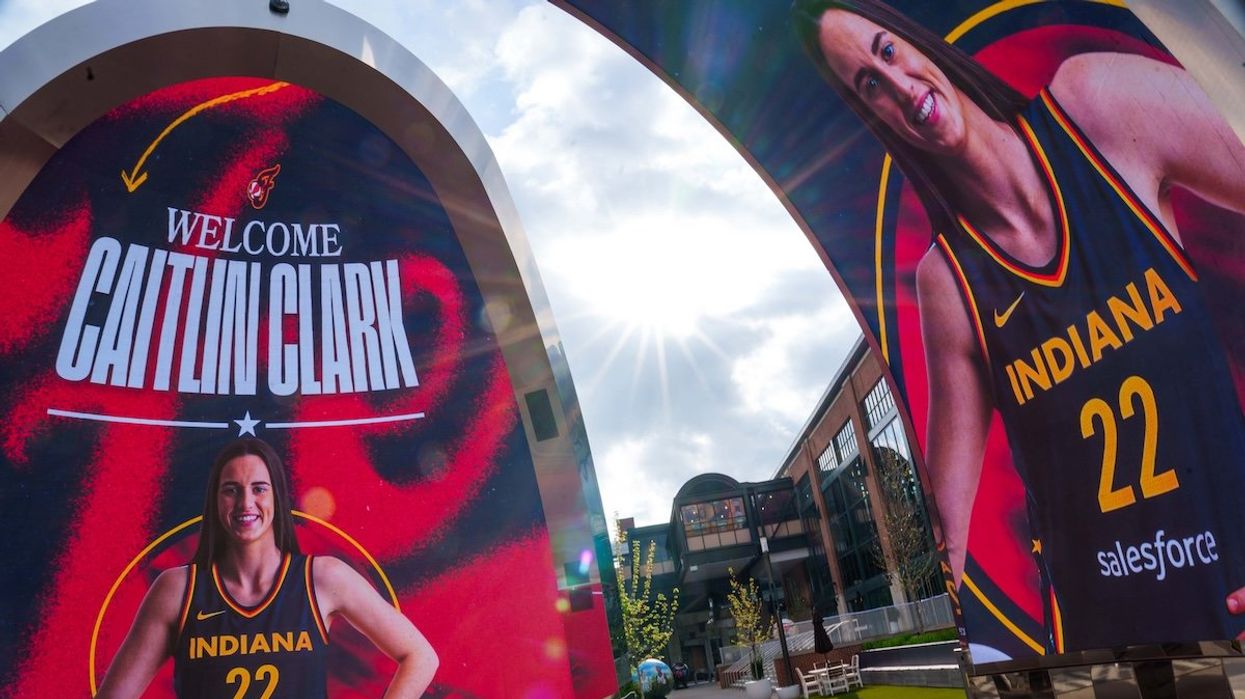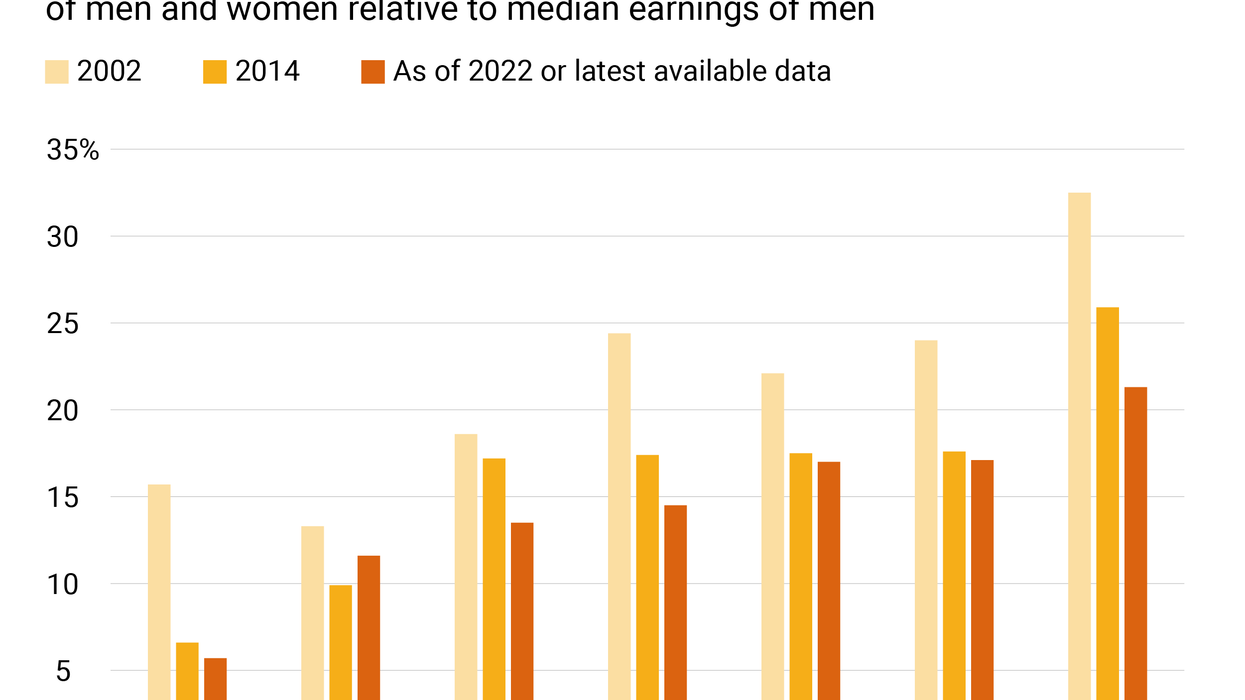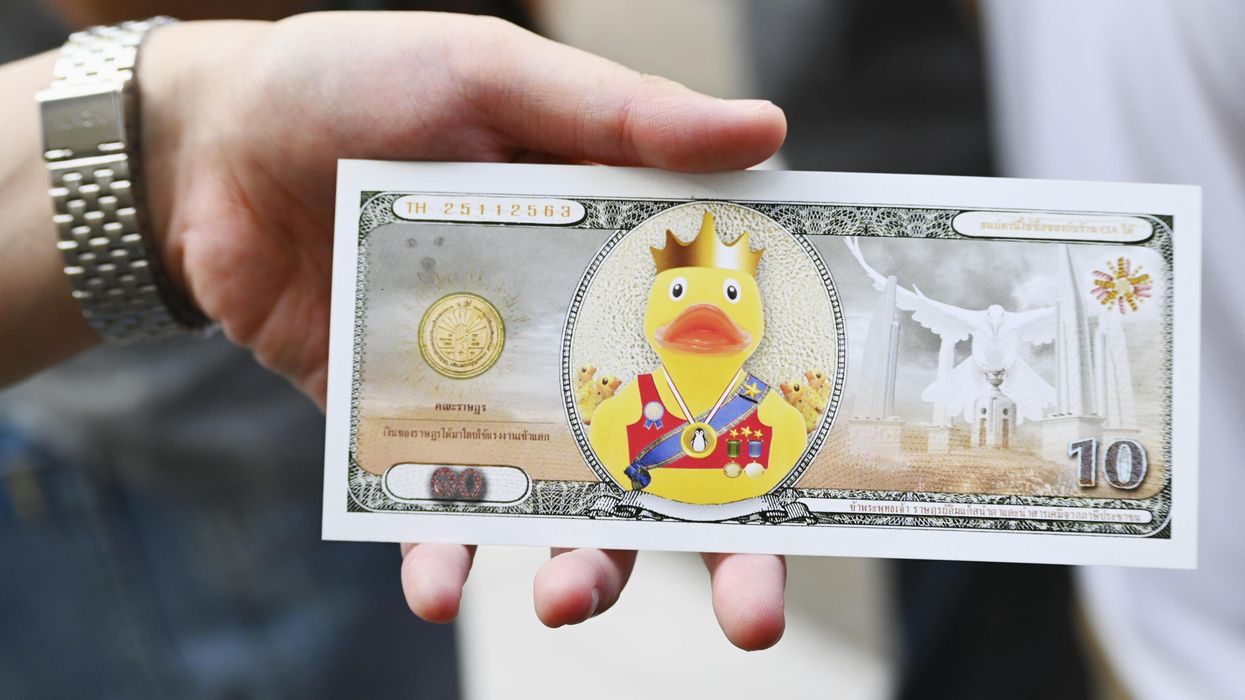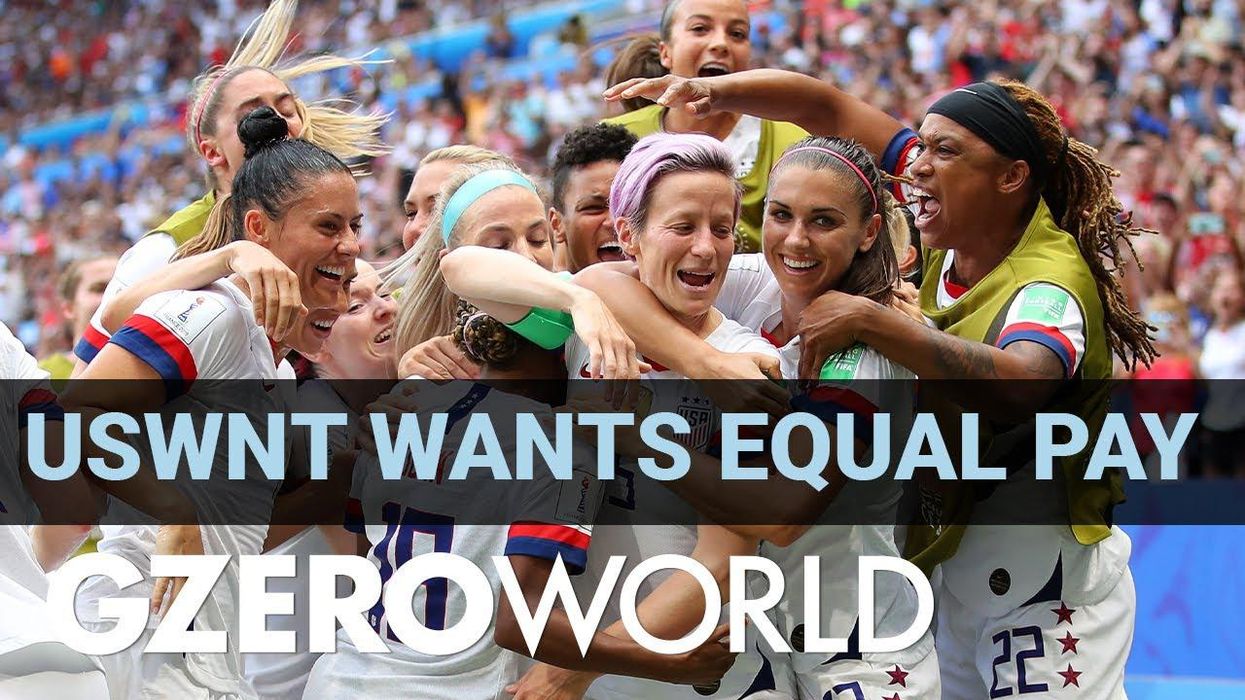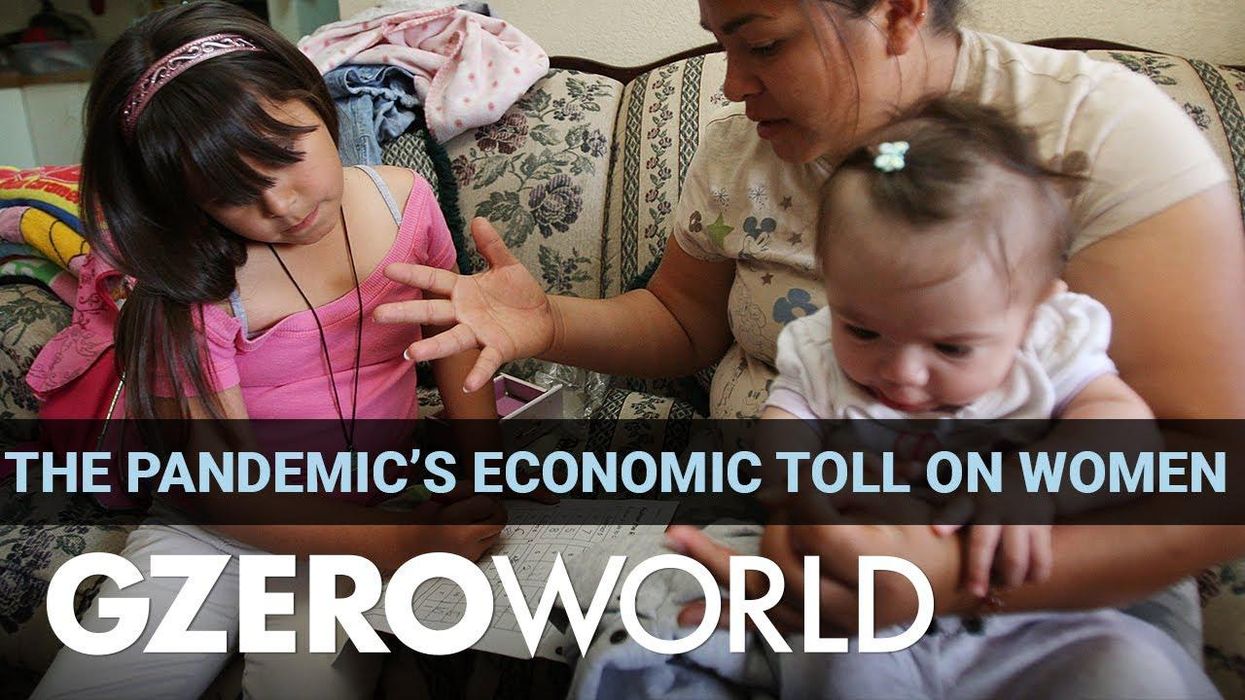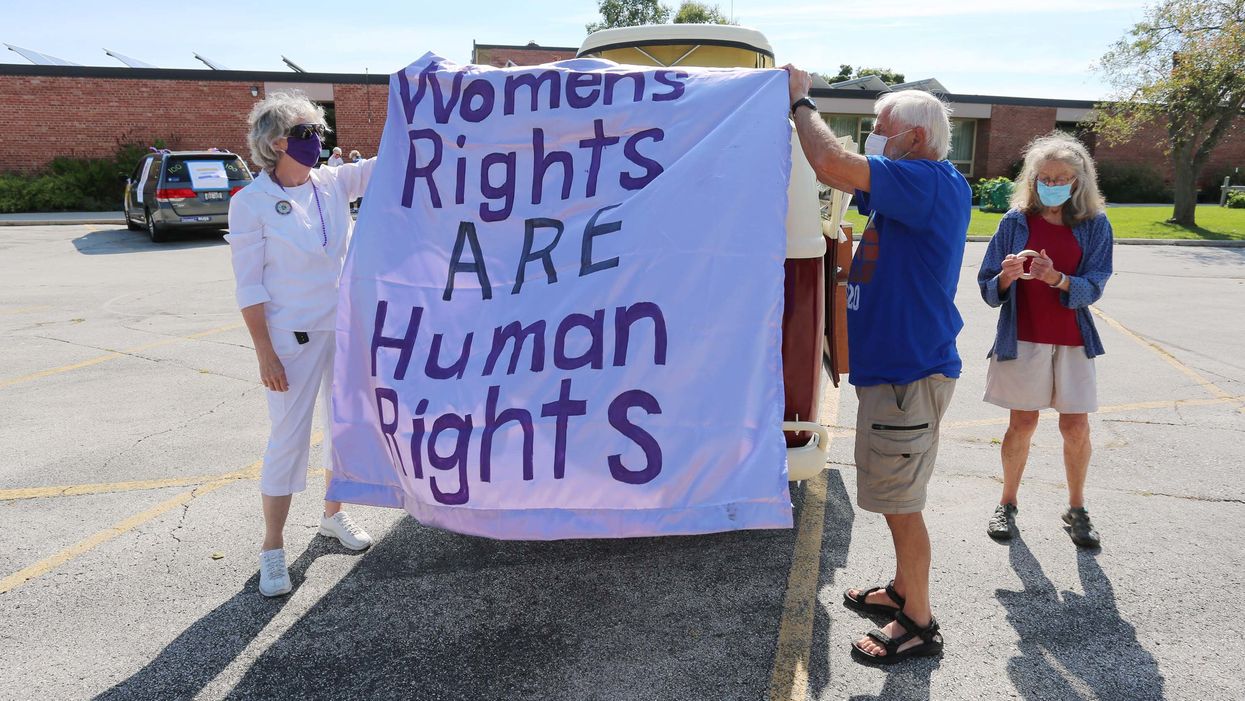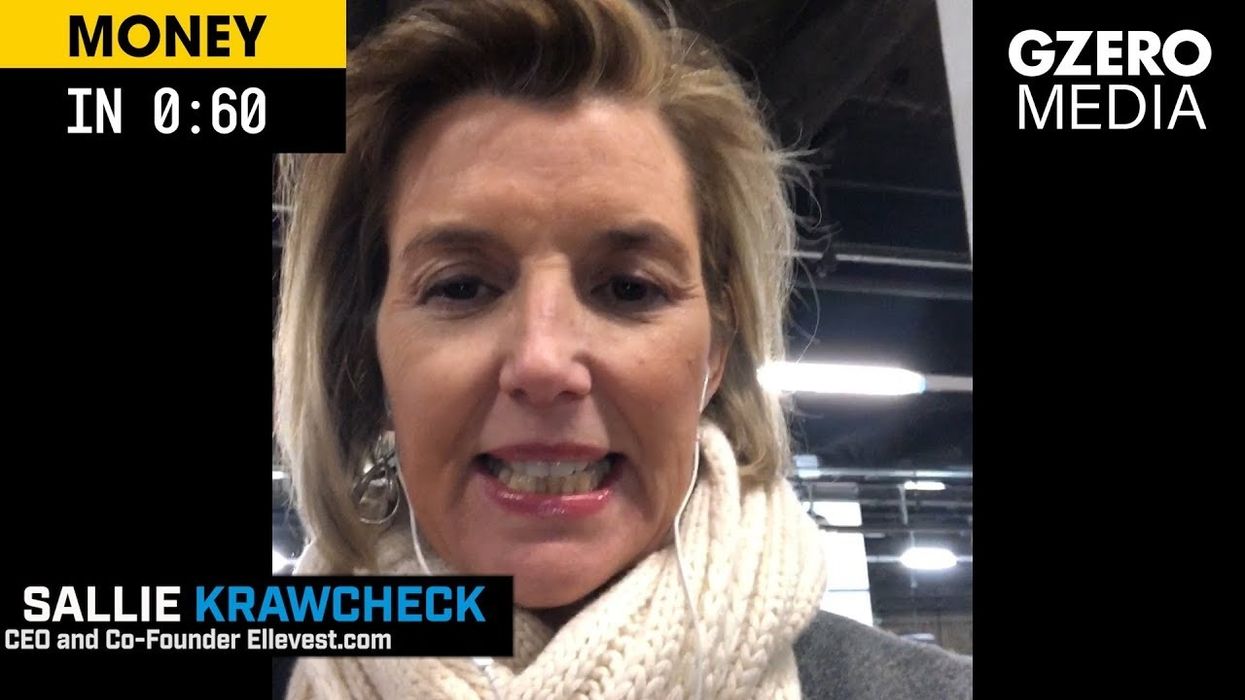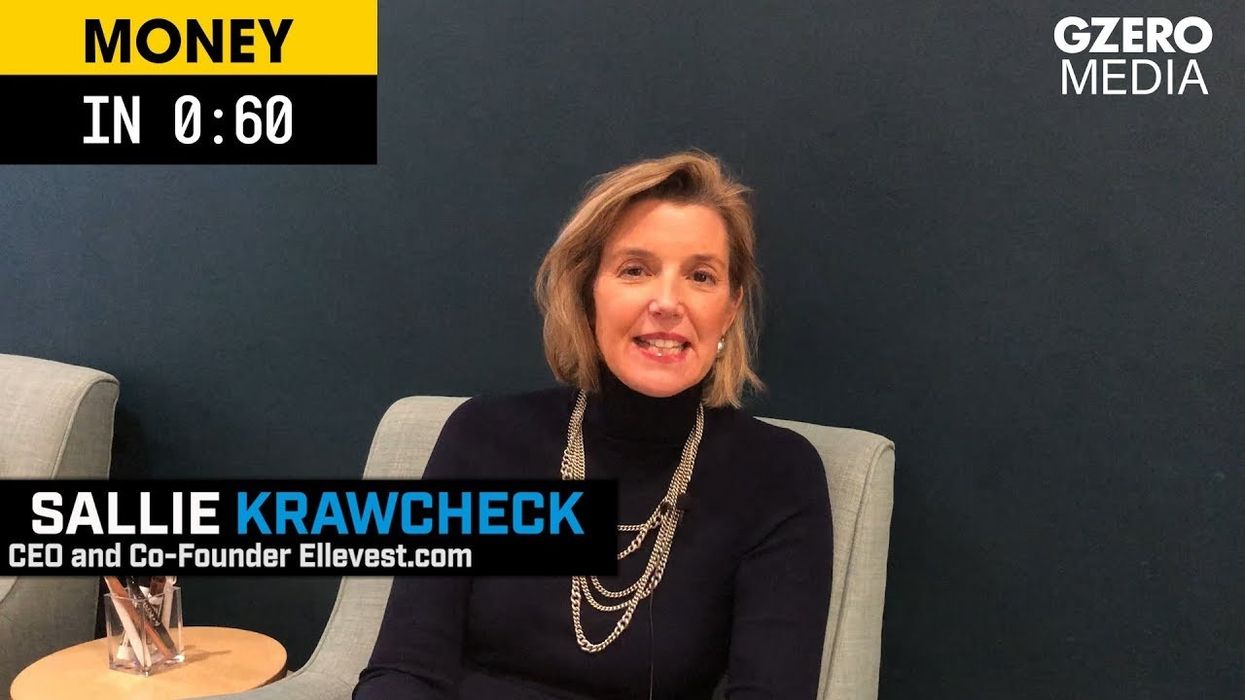GZERO North
Basketball double whammy: Gender pay gap and betting scandals
It’s been a big week for professional basketball leagues catching heat. Fans were outraged to learn that college basketball legend and all-time NCAA top-scorer and top WNBA draft pick Caitlin Clark will earn a meager $338,056 over four years with the Indiana Fever.
Apr 18, 2024
